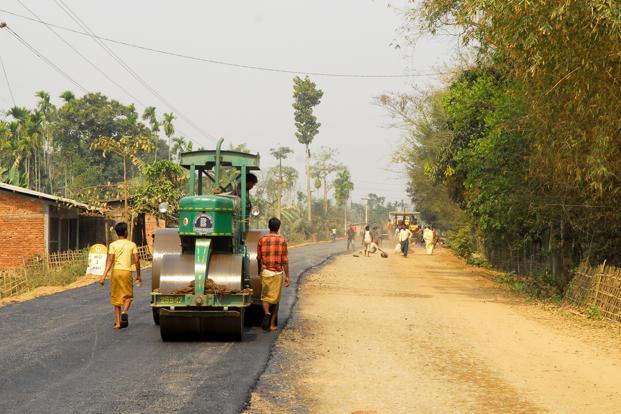Rural Development & Poverty Alleviation
Rural Development & Poverty Alleviation
Poverty alleviation programmes have to be viewed in the wider perspective of socio-economic transformation in the country. While the present strategy of direct attack on poverty through specific poverty alleviation programmes is justified on account of insufficient percolation of benefits to the poor from overall economic growth, it should be appreciated that the strategy of direct attack on poverty cannot be sustained and would not yield the • desired results, if the overall growth of the economy itself is slow and the benefits of such growth are inequitably distributed. For one thing, the resources and the capabilities needed for running such programmes cannot be generated in the system unless the economy itself is buoyant and there is a sustained increase in output. Secondly, the demand for goods and services produced by the poorer household enterprises rises significantly in response to the overall increase in incomes in the country so that the viability of these household enterprises depends critically on the sustained increase in national income. Further, it is necessary to ensure that the pattern of overall economic growth itself is such as to generate adequate incomes for the poorer sections through its greater impact on employment-generation and on the development of the less developed regions.


